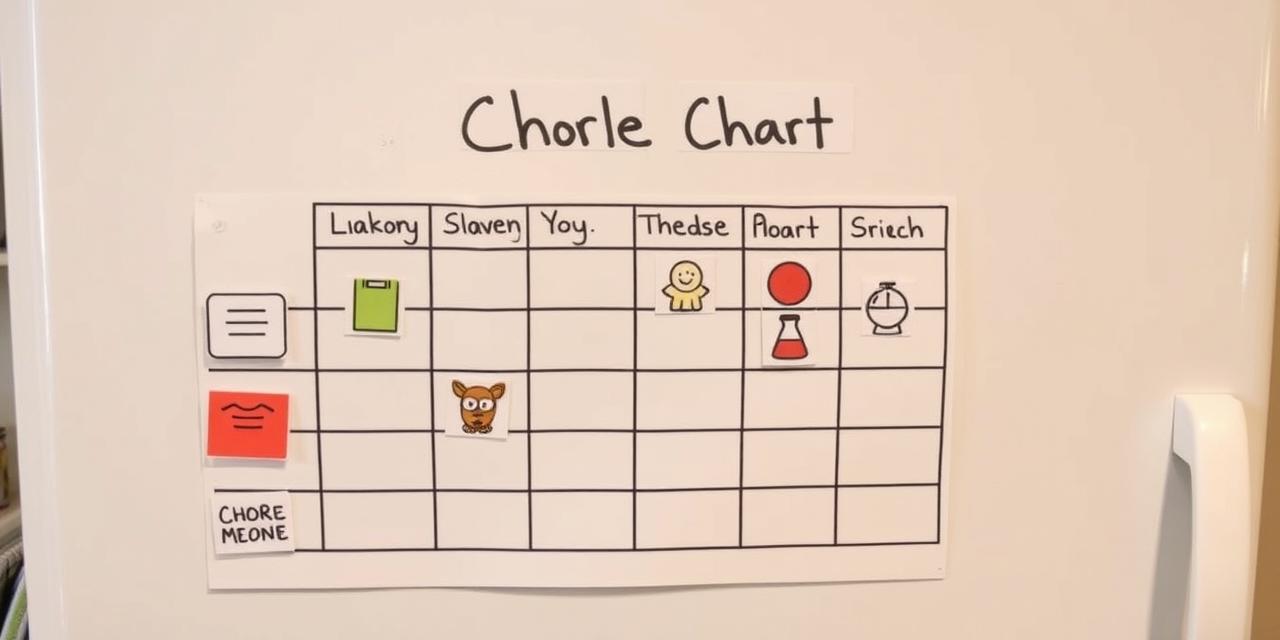“Because I said so!” Sound familiar? I know I’ve heard it. I may have even *said* it. It might stop a kid for a minute. But does it really teach them anything? As a parent, I get the need for quick solutions. Trust me, I do. But when it comes to raising good kids? Playing the long game is key.
Positive discipline isn’t about being soft. Not at all. It’s about teaching your child self-control. It’s about respect. And responsibility. It uses connection, not fear. You need to understand *why* your child is acting out. Address the cause, not just the behavior. Easier said than done? Absolutely. My son’s tantrums tested my limits. Seriously. But stick with me. Let’s explore some ideas.
Setting the Stage: Expectations and Boundaries
Imagine driving in a city with no signs. Annoying, right? That’s how kids feel without clear rules.

Clear expectations are a must. Explain what you expect in different situations. Dinner table manners? Toy rules? Spell it out.
But just saying it isn’t enough. Expectations need to be:
- Specific: Don’t say “Be good.” Say “Use a quiet voice in the library.”
- Realistic: A three-year-old won’t sit still for an hour.
- Consistent: Same rules, always. Hard, I know!
Kids aren’t mind readers! Tell them what you expect. I thought my son knew not to draw on walls. Nope! Now, we talk before art time. Paper is good. Walls are not!
The Power of Natural Consequences
Experience is a great teacher. Natural consequences let the situation do the work. Without you stepping in. (As long as it’s safe!) Kid refuses a coat? They’ll feel cold.
Sometimes, natural consequences don’t work. Fire safety and matches? No way! That’s where logical consequences come in. These are related to the behavior. You set them. Kid throws toys? Toys go away for a bit. Keep it related. Keep it reasonable. And be empathetic, not angry.
Building a Strong Parent-Child Relationship: The Foundation
This is where the magic happens. Positive discipline is about connection. A loving bond. Kids who feel connected cooperate better. They learn your values. Think of it this way: discipline without love leads to resentment. Love without discipline? Chaos!
How do you build that bond?
- Quality time: Phone down. TV off. Focus on your child. 15 minutes makes a difference.
- Active listening: Really listen. Even to the small stuff. Show you care about their thoughts.
- Empathy: See things from their view. Acknowledge their feelings. Even if you disagree with their actions.
- Unconditional love: Love them, no matter what. Don’t excuse bad behavior. But separate the child from the behavior.
My son and I read before bed. It’s not always perfect. (Same book, again?) But it’s connection time. And that’s huge. Sometimes, that’s all you can do.
When Things Get Tough: Support is Key
Parenting is hard. Period. You’ll feel like you’re failing. All the techniques will fail. It’s okay. You’re not alone. Ask for help. Talk to other parents. See a therapist. Join a group.
Positive discipline is a journey. Not a destination. There will be bumps. Setbacks. Frustration. But focus on the relationship. Set clear rules. Use consequences wisely. You can create a peaceful, respectful home. You might even learn something about yourself!
Now, my son’s calling. Lego tower time. Wish me luck!







